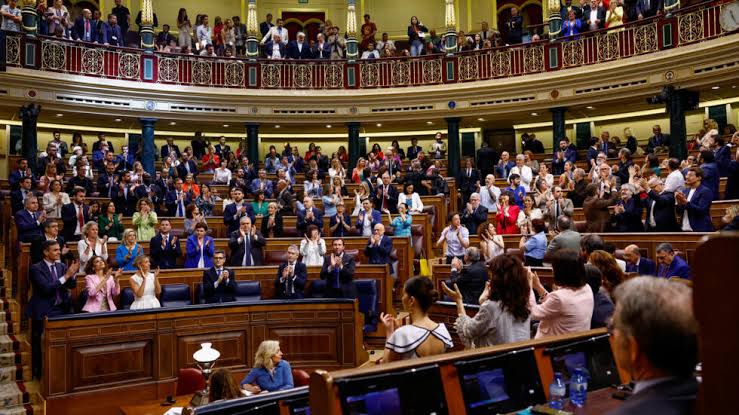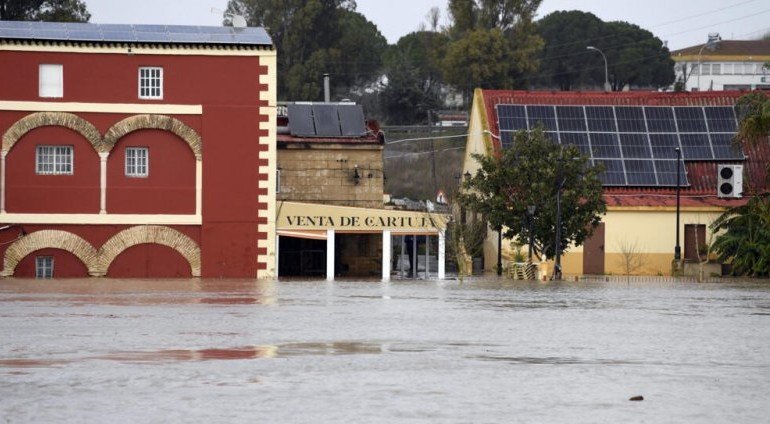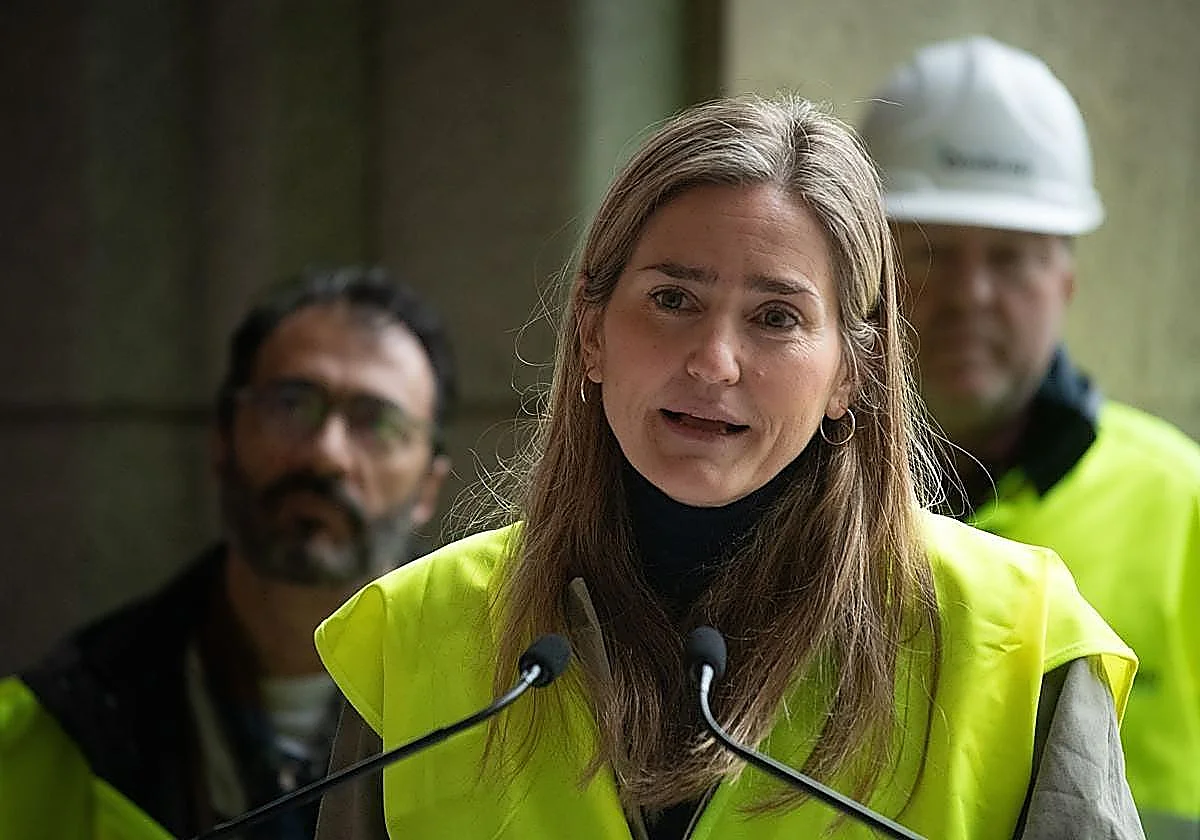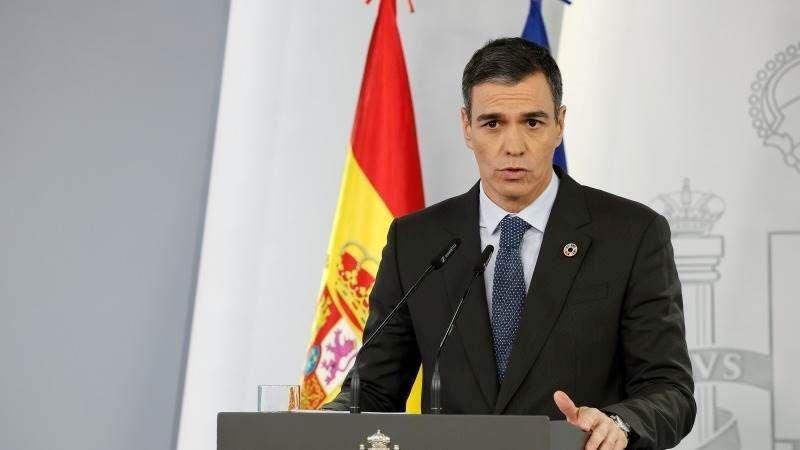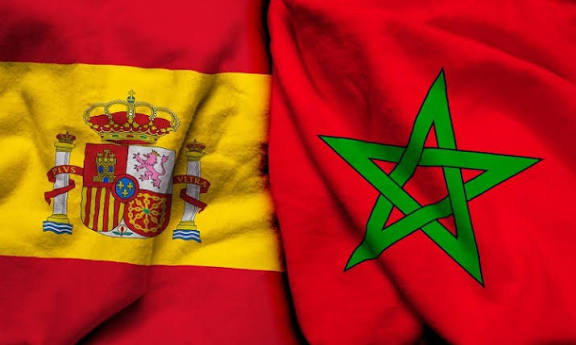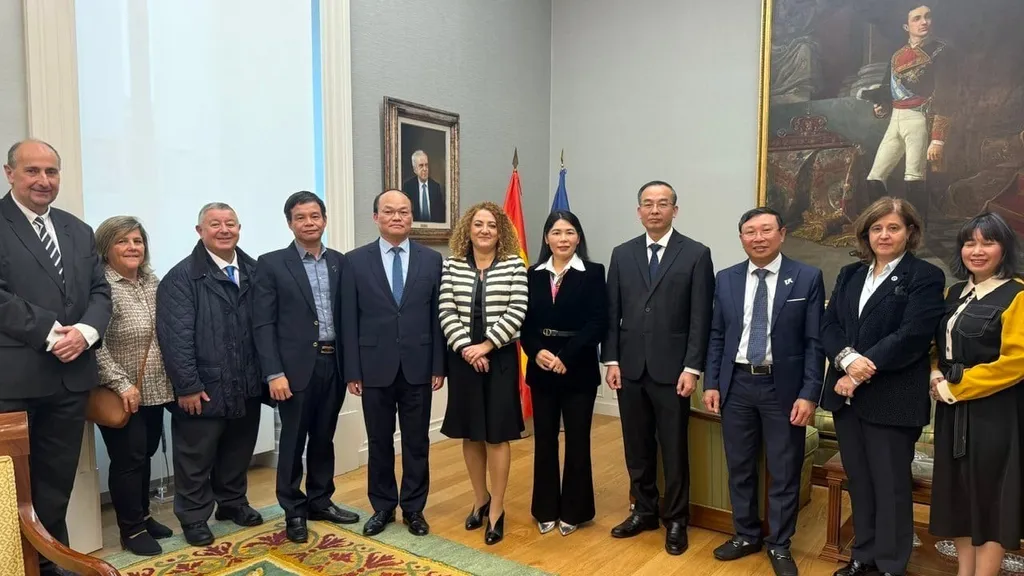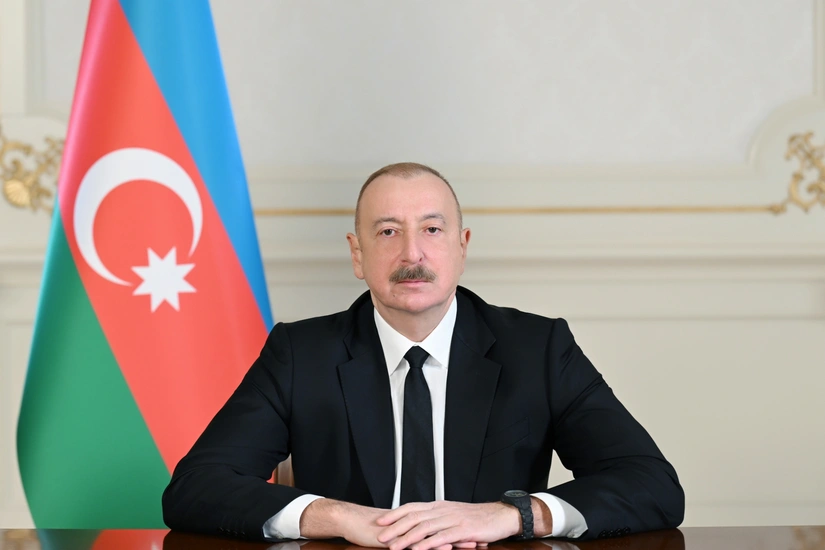Madrid, May 30, 2024, The Europe Today: Today, Spanish parliamentarians narrowly approved an amnesty for hundreds of separatists involved in Catalonia’s 2017 illegal and unsuccessful bid for independence. The bill passed with a 177-172 vote, overturning a previous veto by the upper house. This decision could potentially allow former Catalan regional president Carles Puigdemont, currently a fugitive in Belgium, to return to Spain without facing legal repercussions.
Contentious Move
The amnesty law, passed by Spain’s left-wing coalition government under Prime Minister Pedro Sanchez, along with two Catalan separatist parties and other smaller parties, has sparked significant controversy. Sanchez initially agreed to the amnesty to secure the support of separatist lawmakers in Madrid, essential for forming a new national government in November. However, the conservative Popular Party and far-right Vox vigorously opposed the bill, voting against it on Thursday.
During the vote, parliamentarians were required to stand and verbally declare their vote. Prime Minister Sanchez faced accusations of betrayal from opposition lawmakers as he cast his “yes” vote.
Potential Legal Challenges
The new law could still face legal hurdles and will be reviewed by higher courts. Some legal experts argue that the amnesty is unconstitutional, claiming it favors certain Spanish citizens over others. Despite the controversy, the Council of Europe, a non-EU institution that promotes human rights, has endorsed the amnesty law.
Backdrop of Political Shifts
This legislative decision comes at a time of significant political shifts in Catalonia. Earlier this month, separatist parties, including Puigdemont’s Junts (Together) party, lost their majority in the region after more than a decade in power, following a regional election.
The approval of the amnesty marks a pivotal moment in Spain’s ongoing struggle with Catalan separatism, reflecting deep political and societal divisions within the country.
